People’s Party gains second seat in cabinet
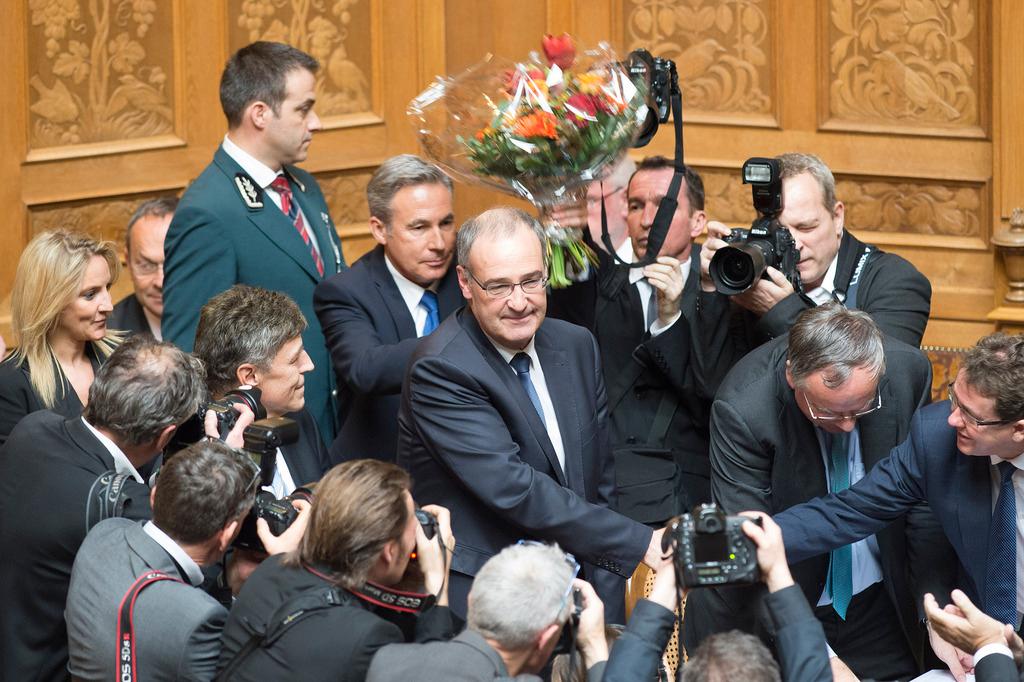
The conservative right Swiss People’s Party has, as expected, filled the cabinet seat vacated by Eveline Widmer-Schlumpf from the centre-right Conservative Democratic Party, who is retiring. The other six ministers were comfortably re-elected.
Guy Parmelin, a 56-year-old winegrower from French-speaking Switzerland, was elected by parliament in the third round of voting on Wednesday. He has sat in the House of Representatives since 2003 and is considered relatively conciliatory.
The People’s Party, which won a record 29.4% of the vote in October’s federal elections, now has two seats for the first time since 2007. It is the first time that the cabinet has comprised three ministers with French as a mother tongue since 2006.
Other results for cabinet
Doris Leuthard, Didier Burkhalter and Alain Berset all gained over 200 votes in particularly good results (215, 217 and 210, respectively). Simonetta Sommaruga gained 182, Ueli Maurer, 173, and Johann Schneider-Ammann, 191.
Schneider-Ammann has been elected to hold next year’s rotating presidency of Switzerland.
It remains to be seen, however, whether the new allocation of seats, based on parties’ share of the vote, will help stabilise consensus politics between the main parties after years of tension.
Traditionally, under the so-called “magic formula”, it was agreed that the seven cabinet positions would be divided between the four largest parties, with the fourth-largest getting only one seat. Until the 1990s, this was occupied by the People’s Party.
However, under billionaire Christoph Blocher the party lurched to the right, adopting an anti-EU, anti-foreigner line and notching up a series of electoral successes. This destabilised Swiss politics, which had always been seen as a model of stability in Europe, and ushered in a new era of fighting over the distribution of cabinet seats.
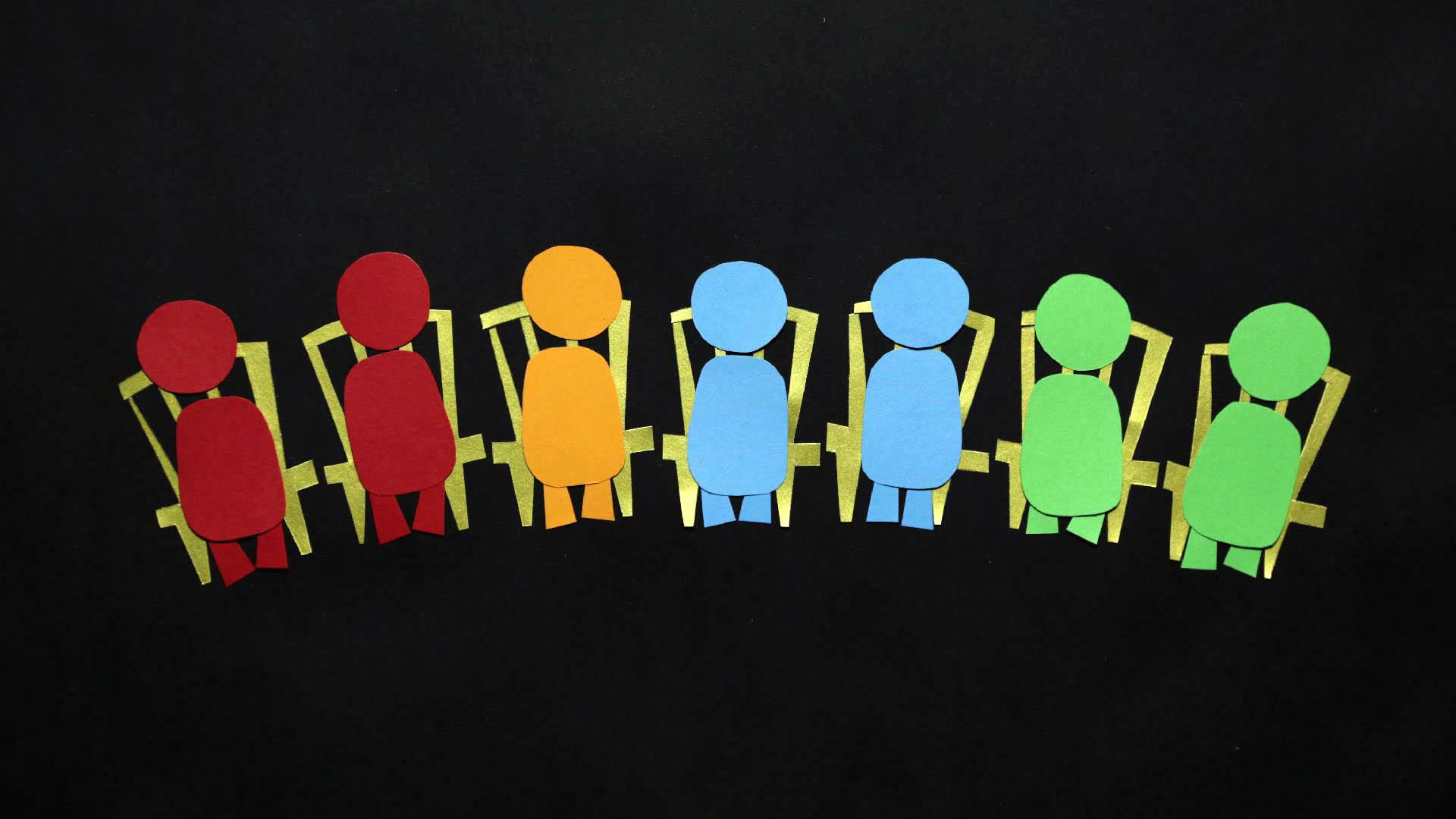
More
The political equation based on a magic formula
Blocher ousted
By 1999 the People’s Party was the largest force in Swiss politics and in 2003 it gained a second cabinet seat, with Blocher becoming justice minister.
However, the combative Blocher was accused of not respecting the concept of collegiality and in 2007 became only the fourth cabinet minister ever not to be re-elected, after a centre-right and centre-left majority opted for Blocher’s more moderate party colleague Eveline Widmer-Schlumpf.
Widmer-Schlumpf accepted the nomination and was promptly expelled from the People’s Party, along with Defence Minister Samuel Schmid. Both ended up in the new Conservative Democratic Party, with Widmer-Schlumpf as finance minister.
A few weeks ago, after eight years of People’s Party attacks, 59-year-old Widmer-Schlumpf announced she would leave politics.
Although she is generally considered a popular and capable minister, her presence in the cabinet became even harder to justify after October’s federal elections, when the Conservative Democrats gained only 4.1% of the vote.
None of the other parties contested the People’s Party’s right to a second seat. The question was who would fill it.
Three candidates
After the experience with Blocher, the People’s Party put forward three candidates – Parmelin, Thomas Aeschi, a 36-year-old business consultant from canton Zug, and Norman Gobbi, 38, representing the Lega dei Ticinesi, a rightwing protest movement in the Italian-speaking canton of Ticino, who became a member of the People’s Party for the election.
They were neither hawks nor particularly well-known. However, all three toed the party line on the main issues. This time the People’s Party played the card of national cohesion, sending into battle one candidate from each of Switzerland’s main linguistic regions.
In the end, the prize went to Parmelin, who becomes the People’s Party first cabinet minister from French-speaking Switzerland, potentially expanding its base there.
He was recently mocked in the media for saying: “I can English understand, but je préfère répondre en français”. That triggered a debate about whether cabinet ministers should be able to speak English.
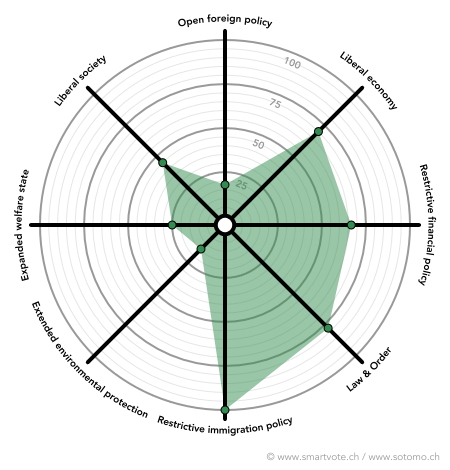
In his acceptance speech, ParmelinExternal link, who will receive a salary of CHF445,000 ($450,000) in addition to an annual expense allowance of CHF100,000, said he was “happy and proud” and promised to represent the interests of the entire country.
Party presidents react
Parmelin’s party, the People’s Party, was of course delighted with the result. President Toni Brunner said that, after a period of instability, normality had returned. He welcomed the fact that the party had its first representative in cabinet from French-speaking Switzerland.
But the leftwing Social Democratic Party head Christian Levrat did not mince his words. “We can only hope for Switzerland that Guy Parmelin will grow into his role. We have our doubts,” he said. Nor did he see any changes ahead for People’s Party politics with Parmelin.
The centre-right Radical Party’s Philipp Müller was more optimistic about Parmelin fitting in, while centrist Christian Democratic Party president Christoph Darbellay said it had been parliament’s wish for all parties to “work together constructively”. The problem, he added, was likely to be how the People’s Party ministers would work with their own party while in cabinet.
Adapted from Italian by Thomas Stephens

In compliance with the JTI standards
More: SWI swissinfo.ch certified by the Journalism Trust Initiative

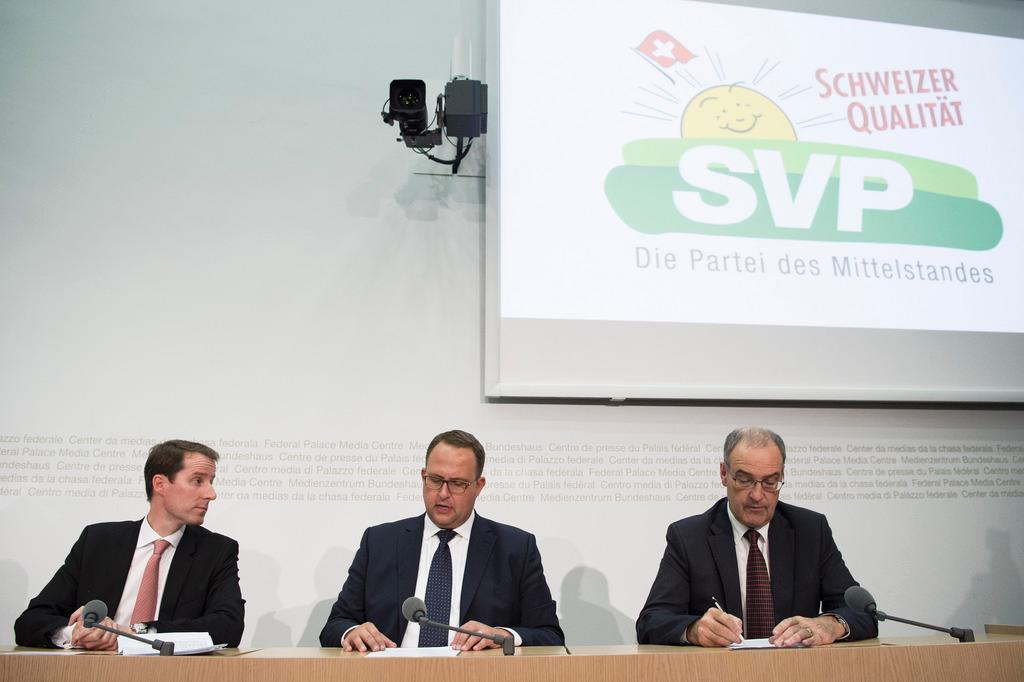
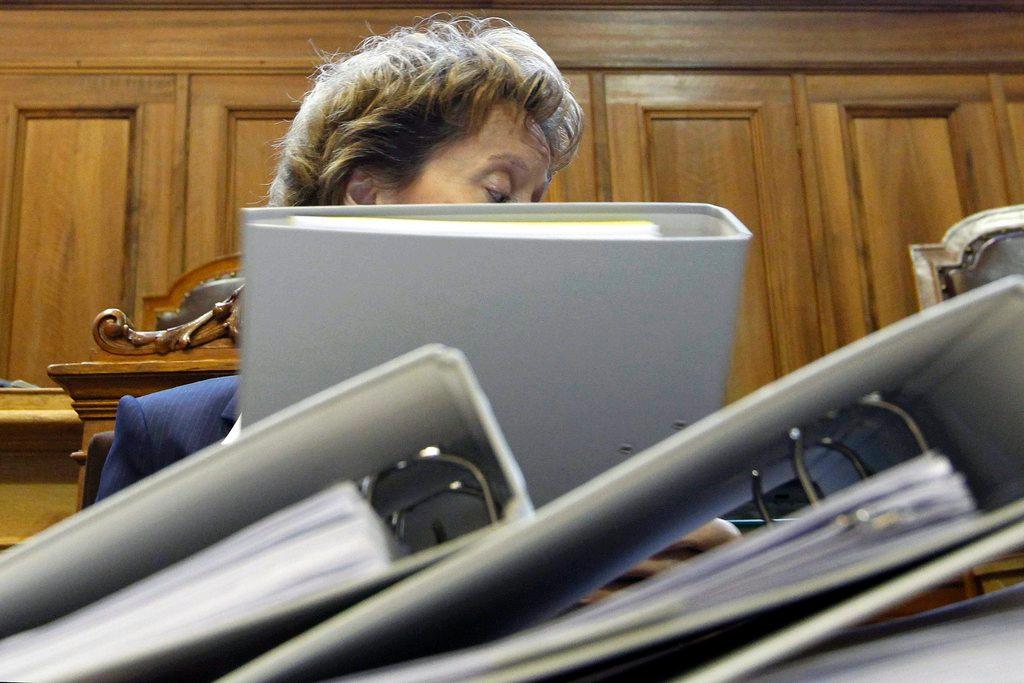
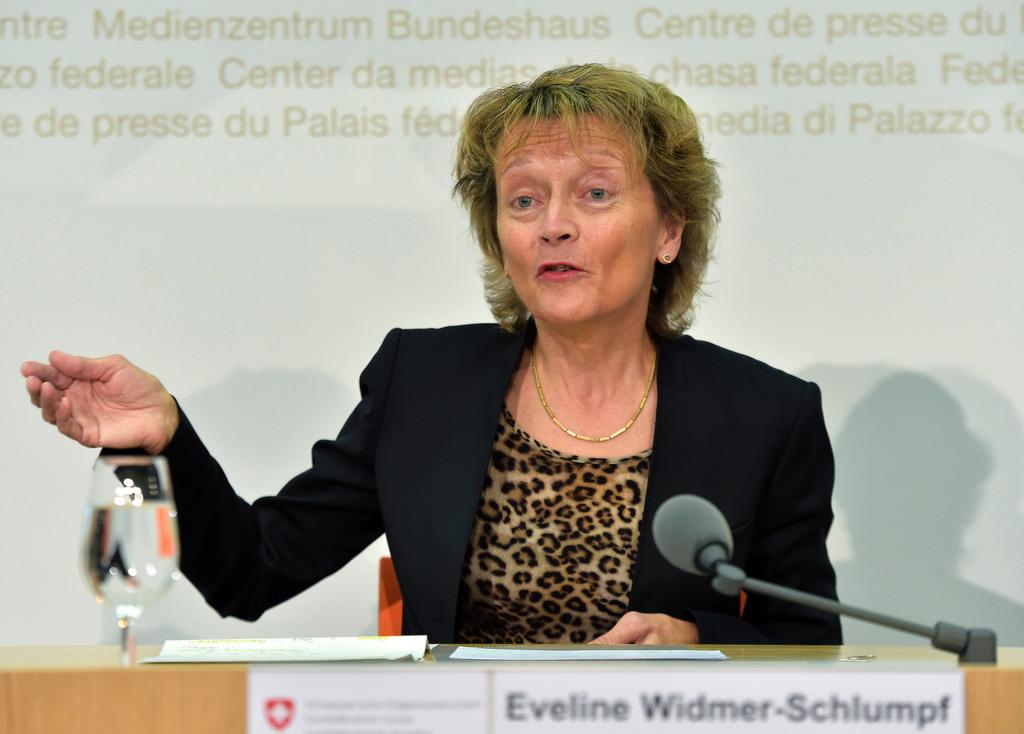

You can find an overview of ongoing debates with our journalists here. Please join us!
If you want to start a conversation about a topic raised in this article or want to report factual errors, email us at english@swissinfo.ch.